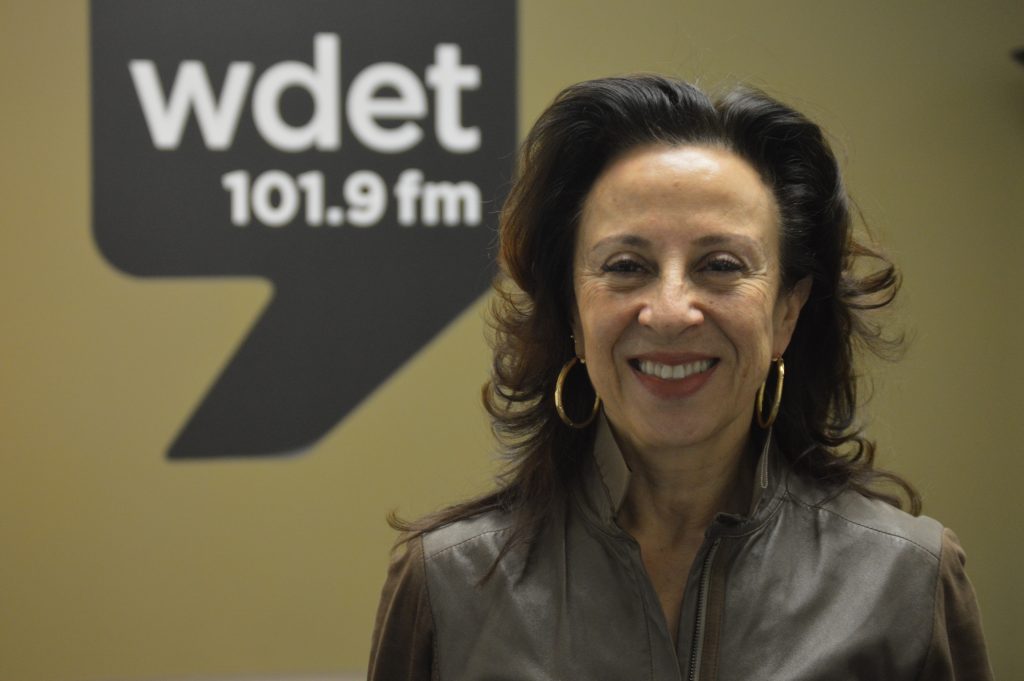Taking A Critical Look At Hispanic Heritage Month
While Hispanic Heritage Month may be well intentioned, the way it lumps together a diverse population of roughly 62 million people is problematic.

In 1968, President Lyndon Johnson introduced Hispanic Heritage Week. Johnson said it was for “the people of Hispanic descent … the heirs of missionaries, captains, soldiers and farmers who were motivated by a young spirit of adventure, and a desire to settle freely in a free land.”
Flash forward to 1988 when President Ronald Reagan extended the weeklong designation to a full month, from Sept. 15 through Oct. 15. Why Sept. 15? Largely because that’s the day that coincides with the national day of independence for Honduras, El Salvador, Costa Rica, Nicaragua and Guatemala, while Mexico celebrates on the 16th, Chile on the 18th and Belize on the 21st.
“‘Hispanic’ is a term that comes from and understands its relationship from coming from Spain. When you only say ‘Hispanic,’ you are denying your indigenous roots and your African roots.” –Maria Hinojosa, Latino USA
But now, in 2021, when so many subtle and more conspicuous aspects of colonialism and white supremacy are being interrogated and examined, what is the role of Hispanic Heritage Month in this moment and is it doing more harm than good?
Listen: Northwestern University Professor Michael Rodriguez Muniz and Maria Hinojosa of Latino USA discuss Hispanic Heritage Month in the context of cultural and racial reckoning.
Guests
Maria Hinojosa is an Emmy Award-winning journalist, news anchor and author of the book “Once I Was You: A Memoir of Love and Hate in a Torn America,” which is now out in paperback. She’s also the host of Latino USA, heard on WDET at 7 a.m. Saturdays and at 10 p.m. Wednesdays.
“We did not cross the border, as we say, the border crossed us,” says Hinojosa who takes issue with the words of Johnson all those years ago when Hispanic Heritage Week was first created in the U.S. “We are tired of this treatment that is rooted in this statement: ‘They are nice people,'” says Hinojosa of the statement by Johnson in 1968. Even if it’s well-intentioned, Hinojosa says it has the effect of othering. As far as the actual word “Hispanic,” Hinojosa says it’s never been a term with which she identifies. “I never took on the term ‘Hispanic’ … I was Mexican, and a proud Mexican, and still am … ‘Hispanic’ is a term that comes from and understands its relationship from coming from Spain.” Hinojosa says “when you only say ‘Hispanic,’ you are denying your indigenous roots and your African roots.”
Michael Rodriguez-Muniz is an Assistant Professor of Sociology and Latina/Latino Studies at the Weinberg College of Arts and Sciences at Northwestern University. He’s also the author of the book “Figures of the Future: Latino Civil Rights and the Politics of Demographic Change,” which was released this summer.
“It’s important in the conversation, I think, that there are millions of folks for whom ‘Hispanic’ is a useful category or speaks to their identity,” says Muniz, while also noting that the history of the term is complex and can be fraught. “We ask a lot of work of these categories [such as ‘Hispanic’] to capture a ton of diversity … There’s always a problem with homogenizing … There’s a sense that these terms are…imposed by the government,” says Muniz.
Trusted, accurate, up-to-date.
WDET strives to make our journalism accessible to everyone. As a public media institution, we maintain our journalistic integrity through independent support from readers like you. If you value WDET as your source of news, music and conversation, please make a gift today.
